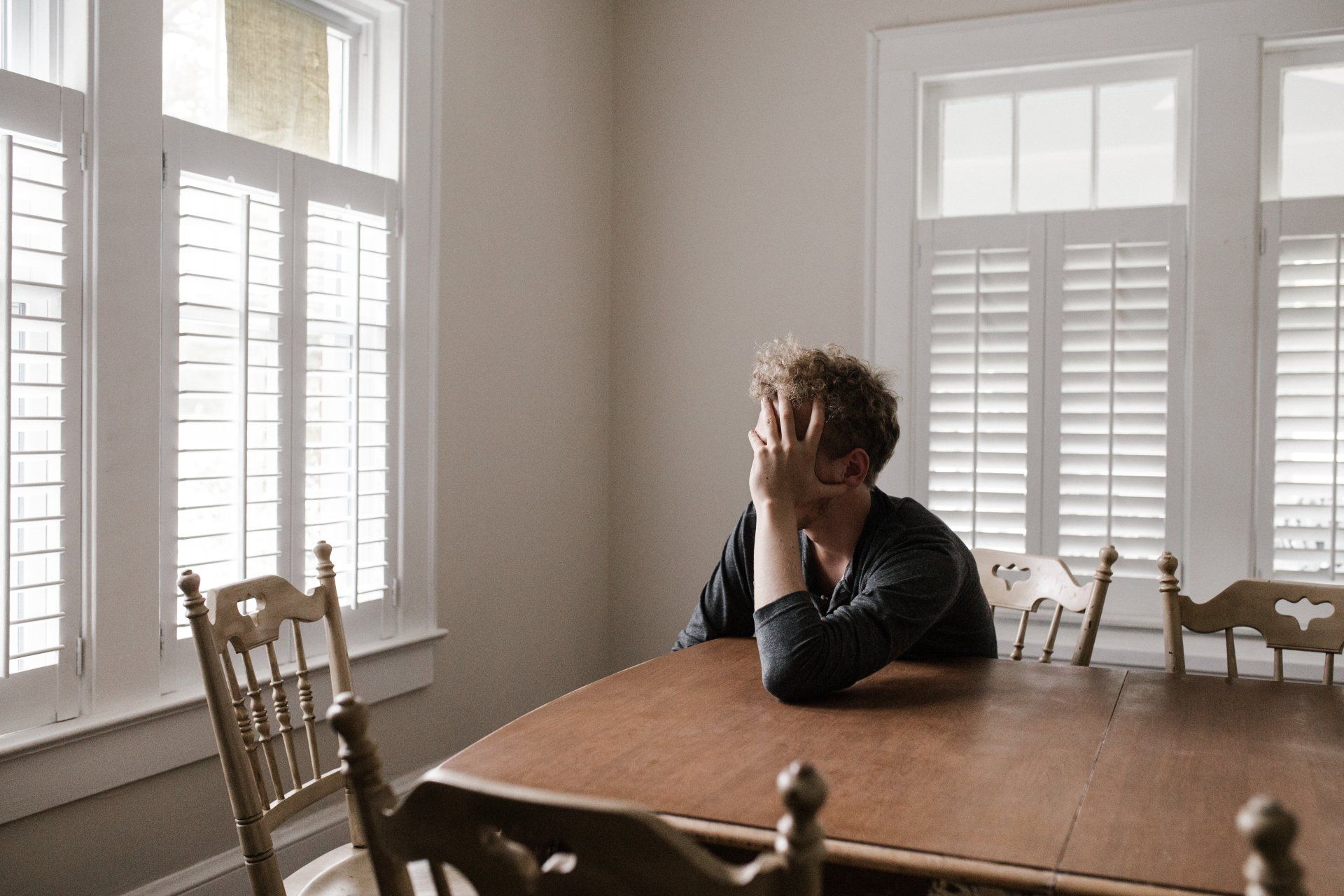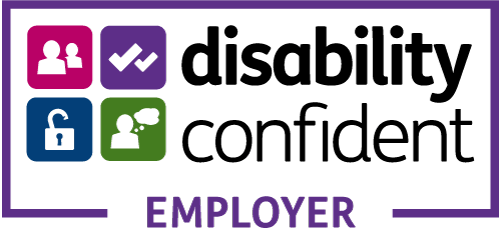ADHD and the Anxiety/Depression Cycle
Part 1 of the ADHD, Anxiety, and Depression Series
Anxiety and depression are, contrary to popular belief, very common mental health issues. Everyone in any age or stage of life is vulnerable to these things and help is always available. People who have ADHD (in any presentation) have been found to be especially vulnerable to both anxiety and depression because of a vicious cycle that we can all get caught in.
Because of the way that ADHD affects our lives (i.e. being seen as “scatterbrained”, having sudden changes in mood or energy levels, feeling impulsive, procrastinating, seemingly having little or no desire to do necessary or “boring” tasks, or time blindness) we can often feel quite a lot of stress, especially if we have gone undiagnosed. We may feel shame from ourselves or others for seeming “lazy”, “unmotivated”, or “flaky”. The stressors in ordinary life like work or engaging with friends or family can be especially stressful for people with ADHD. This creates a lot of vulnerability for high levels of anxiety and low mood.
Stress is not always harmful. There are healthy amounts of stress that people can experience that can increase productivity and better our problem-solving abilities. However, when people begin to feel stressed about future events or hypothetical events and that stress begins to feel uncontrollable and constant, we enter the realm of anxiety.
People with ADHD may begin to feel they worry about nothing or become anxious because they believe they have forgotten something important. This is because we may often be forgetful or unaware of time simply because of the way our brains are wired. We may also be anxious that other people have poor opinions of us because of our ADHD. For these reasons, as well as genetic, environmental, or individual differences in life, people with ADHD are much more likely than the average individual to have long term anxieties.
Low moods on occasion are also very common and usually the result of being too stressed or experiencing upsetting events. Depression is a long-term manifestation of low-mood combined with poor opinions of the self, feeling hopeless, and having low expectations for the future. Because of the struggles of life and the shame/anxiety that people with ADHD can feel, it is very easy to slip into a depression, which in turn can perpetuate both more anxious feelings and worsen symptoms of ADHD (see paragraph three).
This Anxiety/Depression cycle can not only start because of ADHD symptoms (especially when support, coping mechanisms, or a proper understanding from others is missing and/or shame-inducing or stigmatised thoughts are present in life) but also worsen the impulsive and inattentive symptoms that can make life in the modern day so difficult. The anxiety and depression elements of the cycle also feed into each other, which is why it is always important to know that you can find help.
Some treatments may not be as effective for people with ADHD, or simply need adjusting or supplementary elements (more time, additional support systems, medication, cutting out drinking or use of recreational drugs, etc.). It is important to know which kinds of treatments are most effective for people with ADHD and to know specifically what the biggest issues are that generate anxiousness or depression.
More information about ADHD, anxiety and depression will be provided in follow-up posts.
You are not alone and we’re here to help.
Useful links and more information
The ADHD Foundation for tips for dealing with ADHD symptoms, how ADHD presents in adults and children, and what ADHD is:
https://adhdfoundation.org.uk/adults/
The American Psychological Association for information about gender differences in ADHD and issues with some medication:
https://www.apa.org/topics/adhd
Links for getting help or treatment
Trent PTS for self-referral:
https://www.trentpts.co.uk/self-referral
Mental Health Foundation for support and information:
https://www.mentalhealth.org.uk/
Mental Health Forum for a place to discuss issues and talk to others:
https://www.mentalhealthforum.net/forum/
Get Self Help for worksheets and information about disorders and CBT treatment
The Samaritans Nottingham to have someone to listen and talk to
https://www.samaritans.org/how-we-can-help/contact-samaritan/
TrentChat (for students) to have someone to listen and talk to













